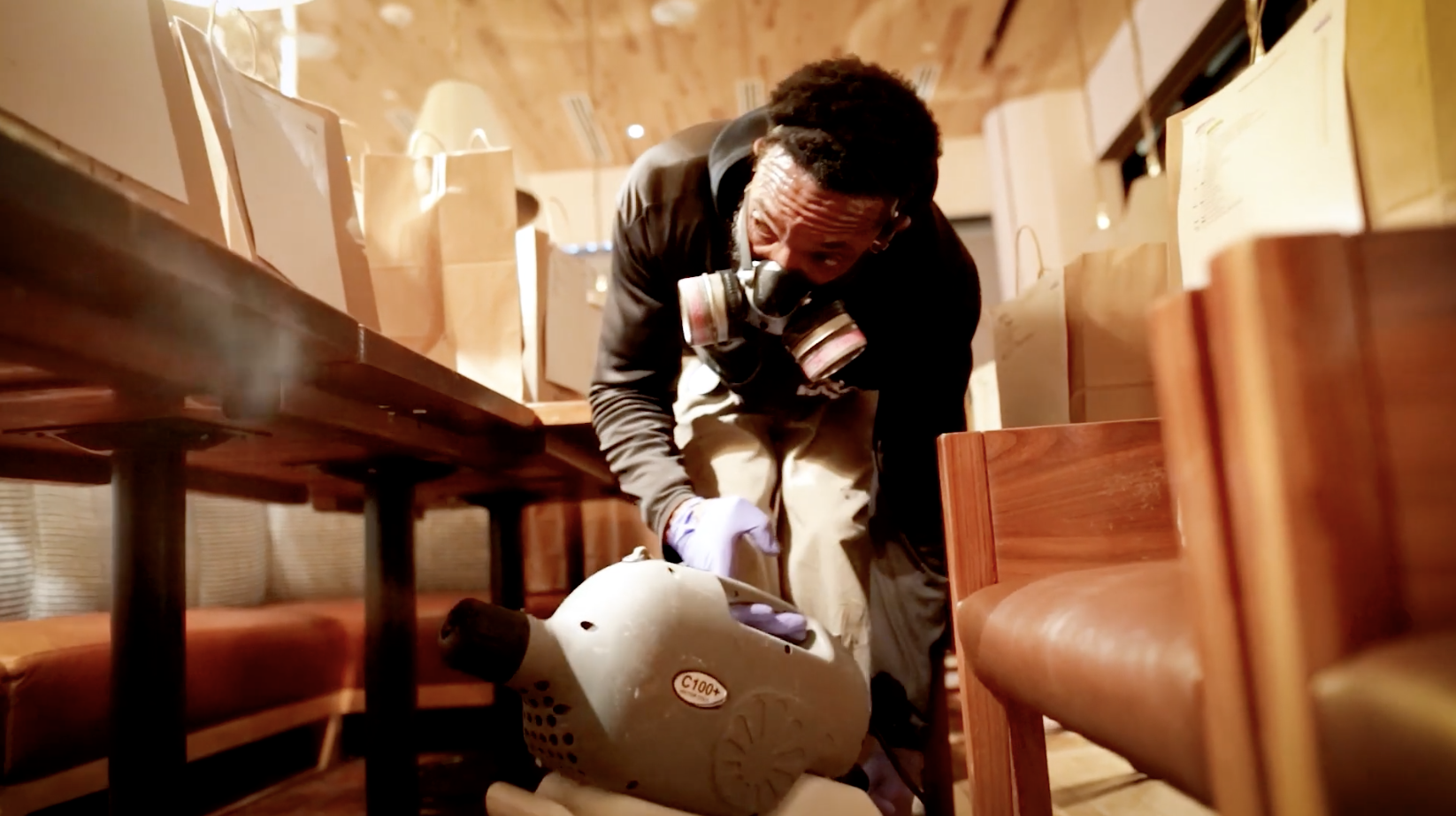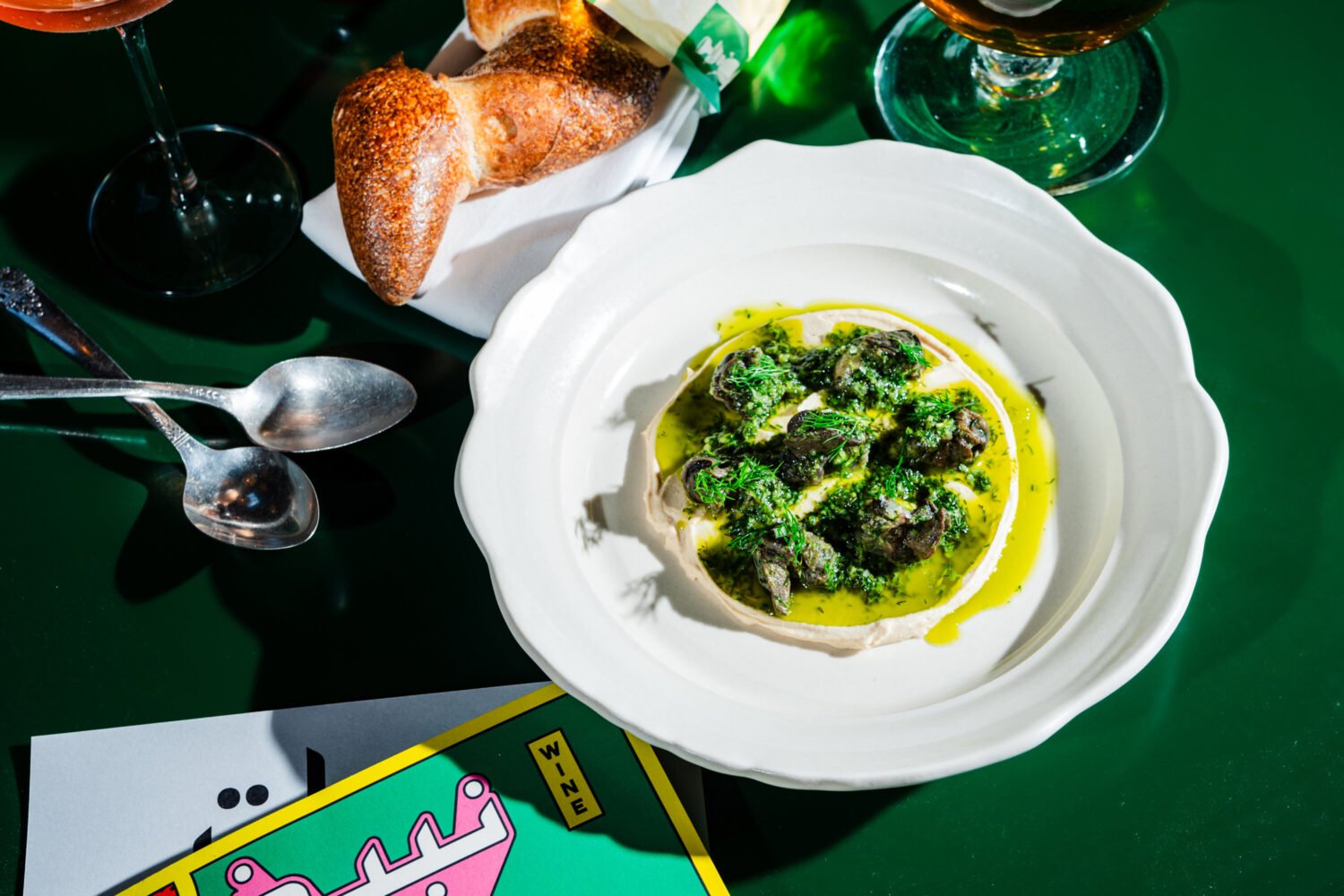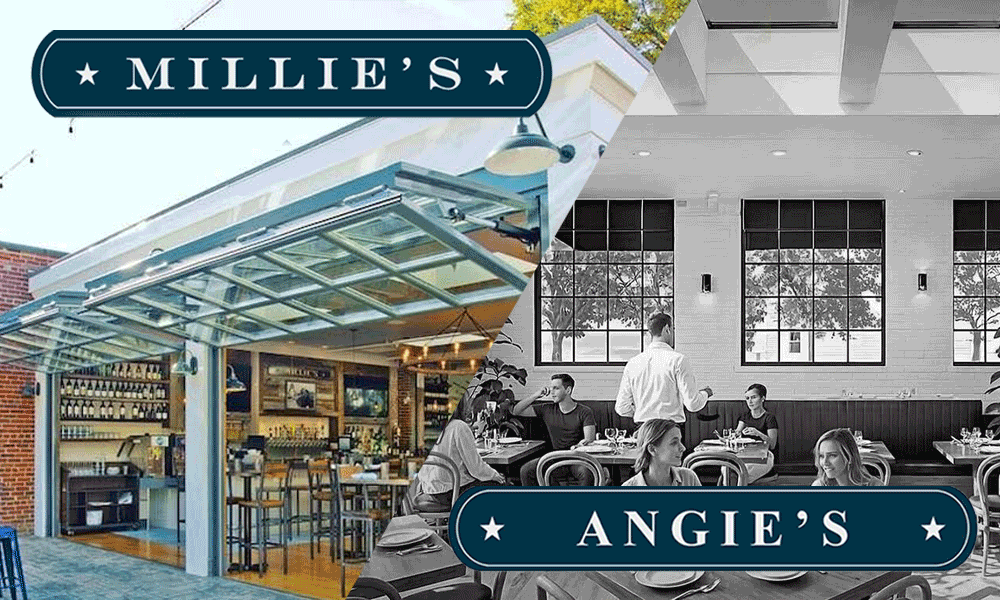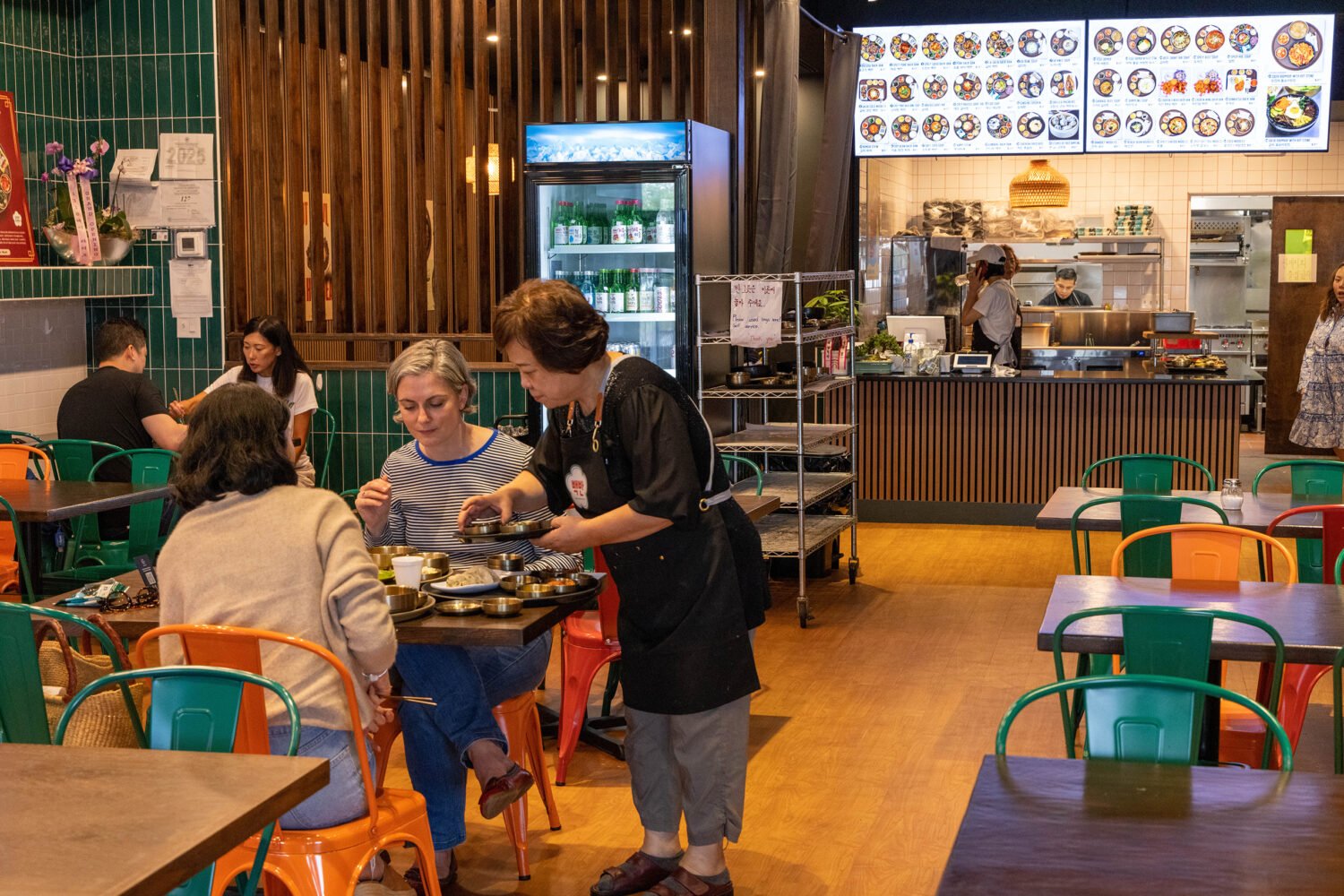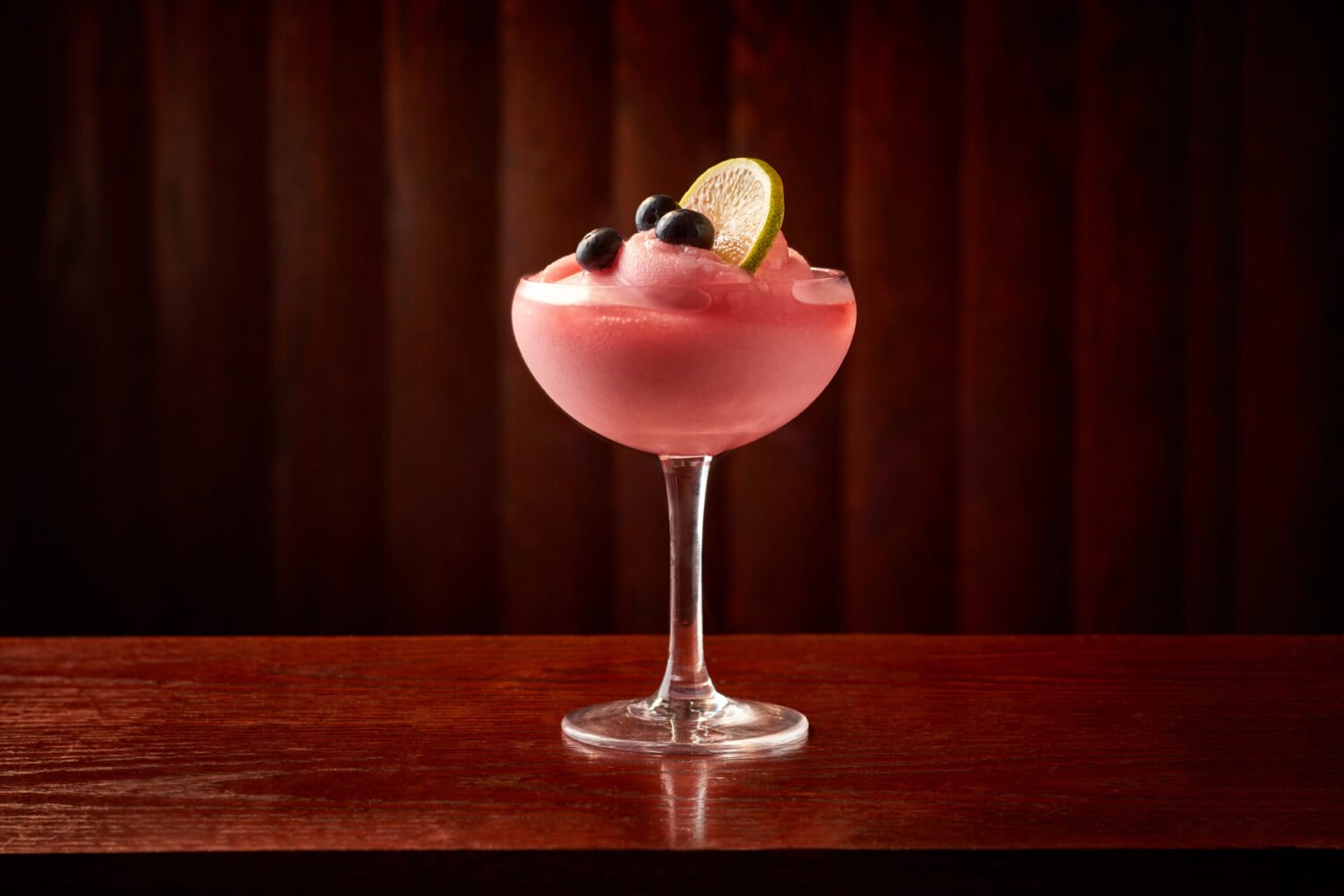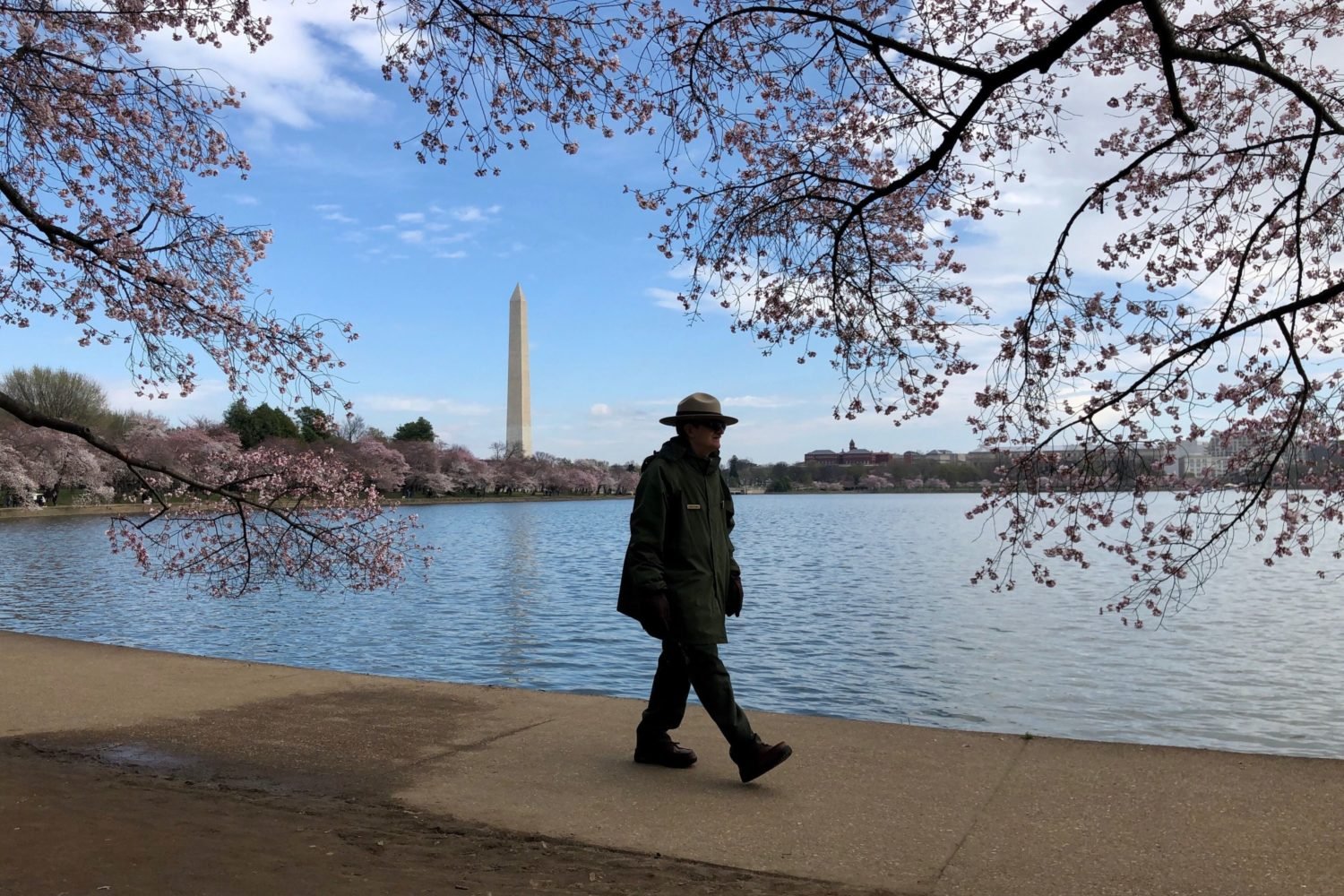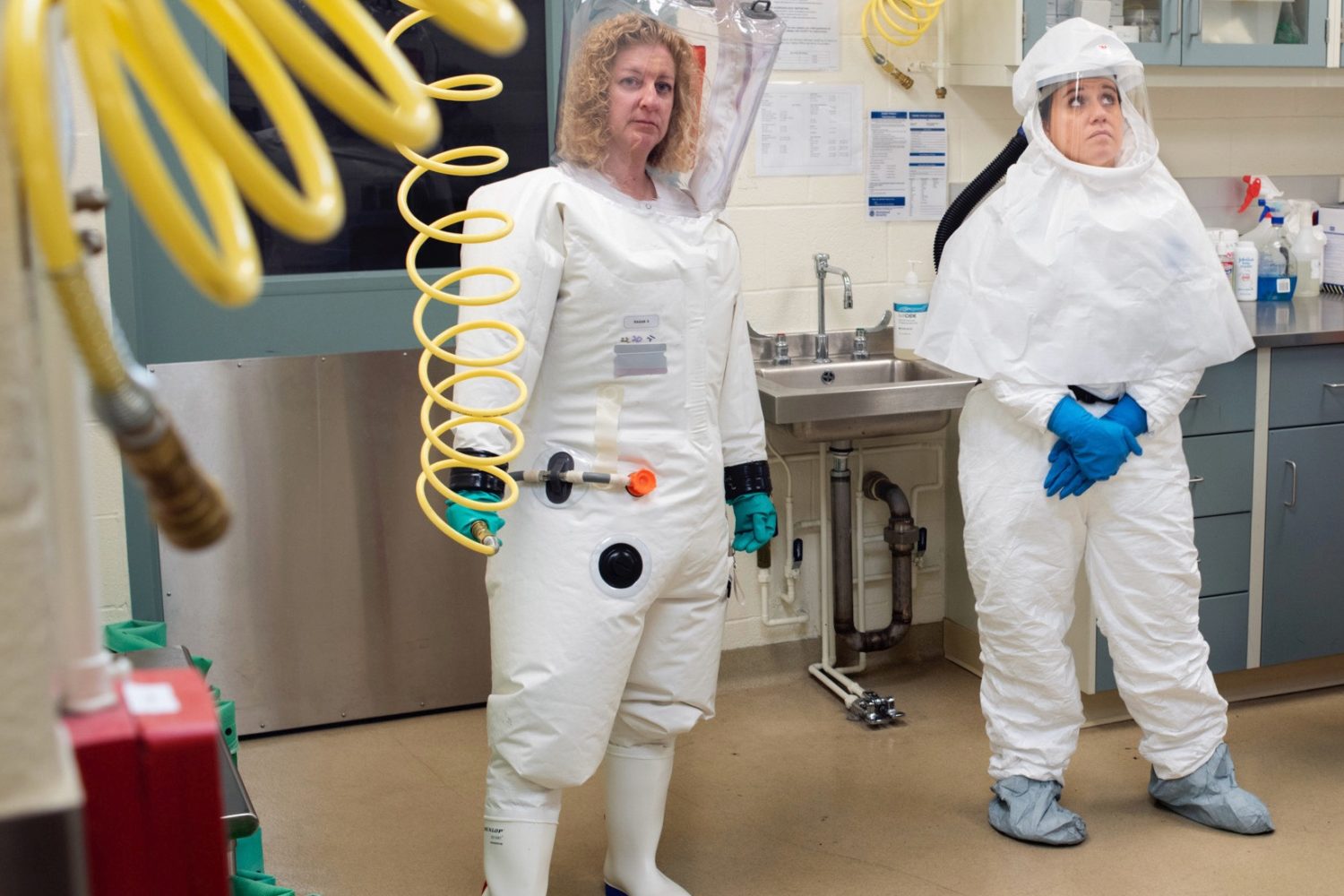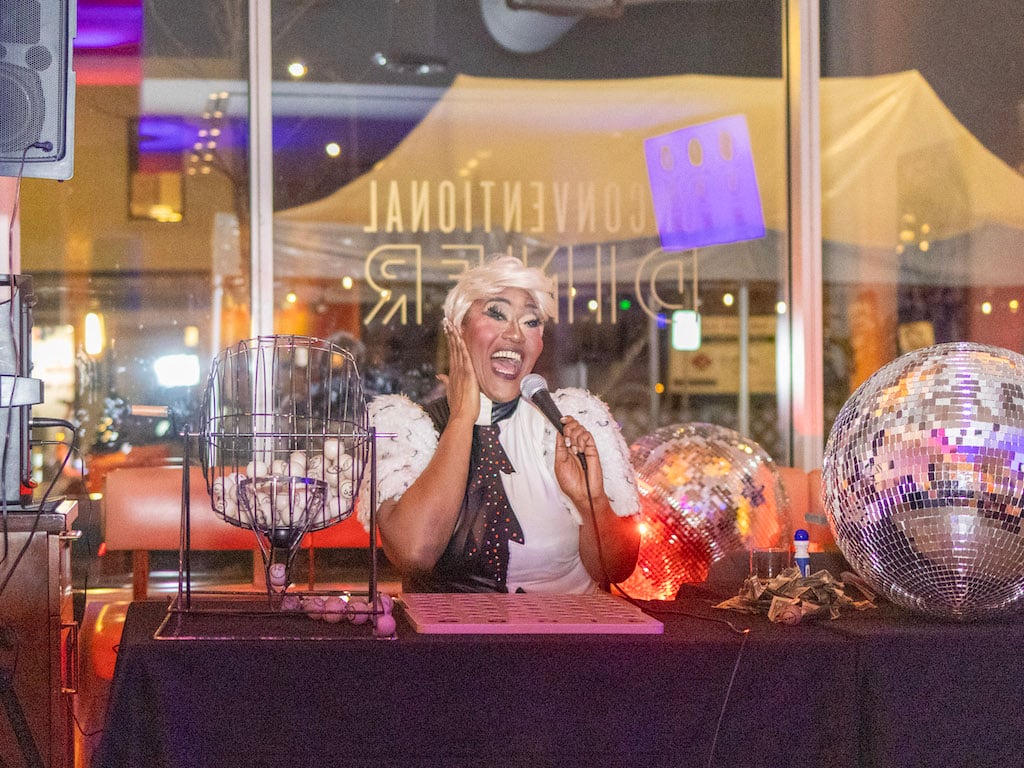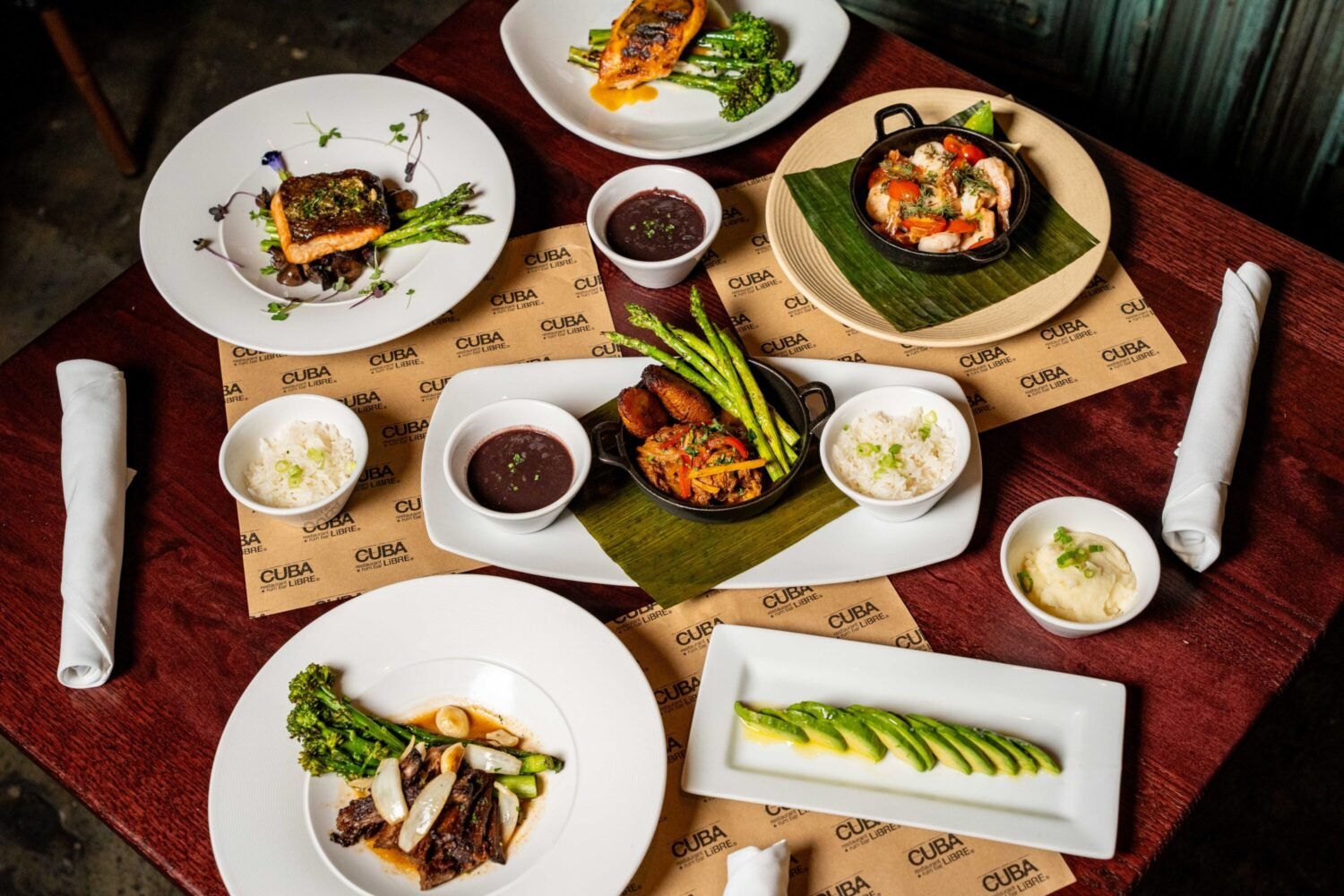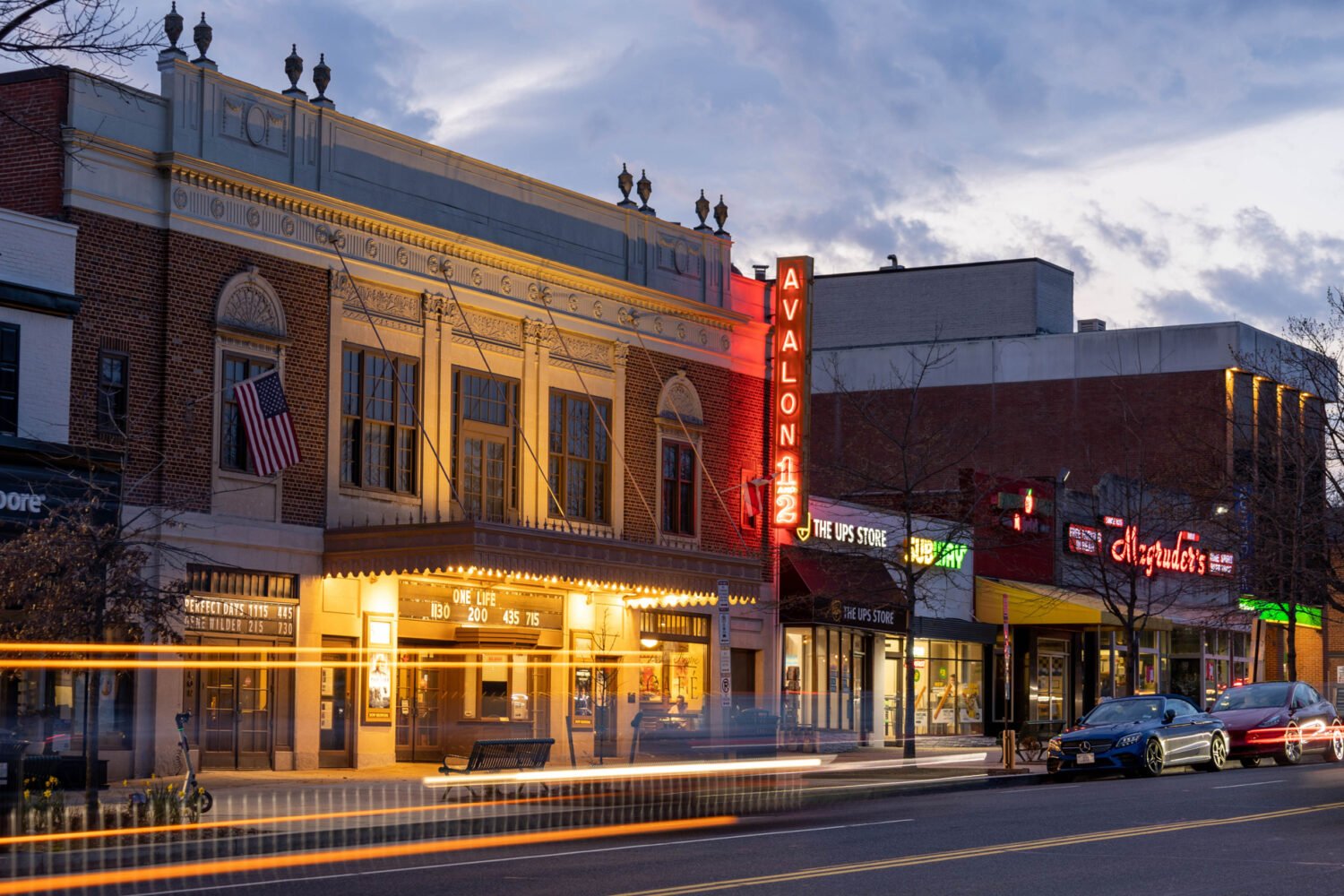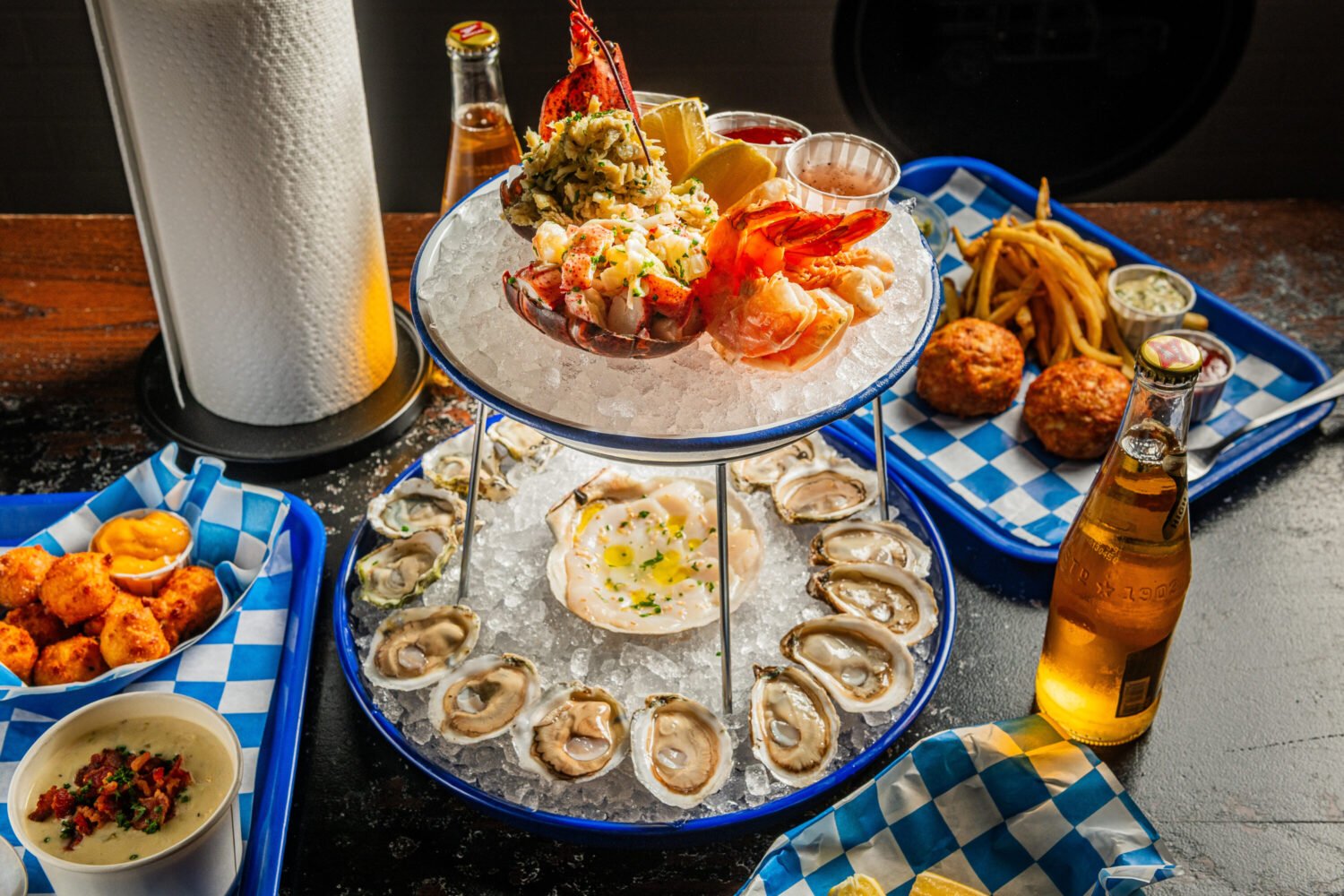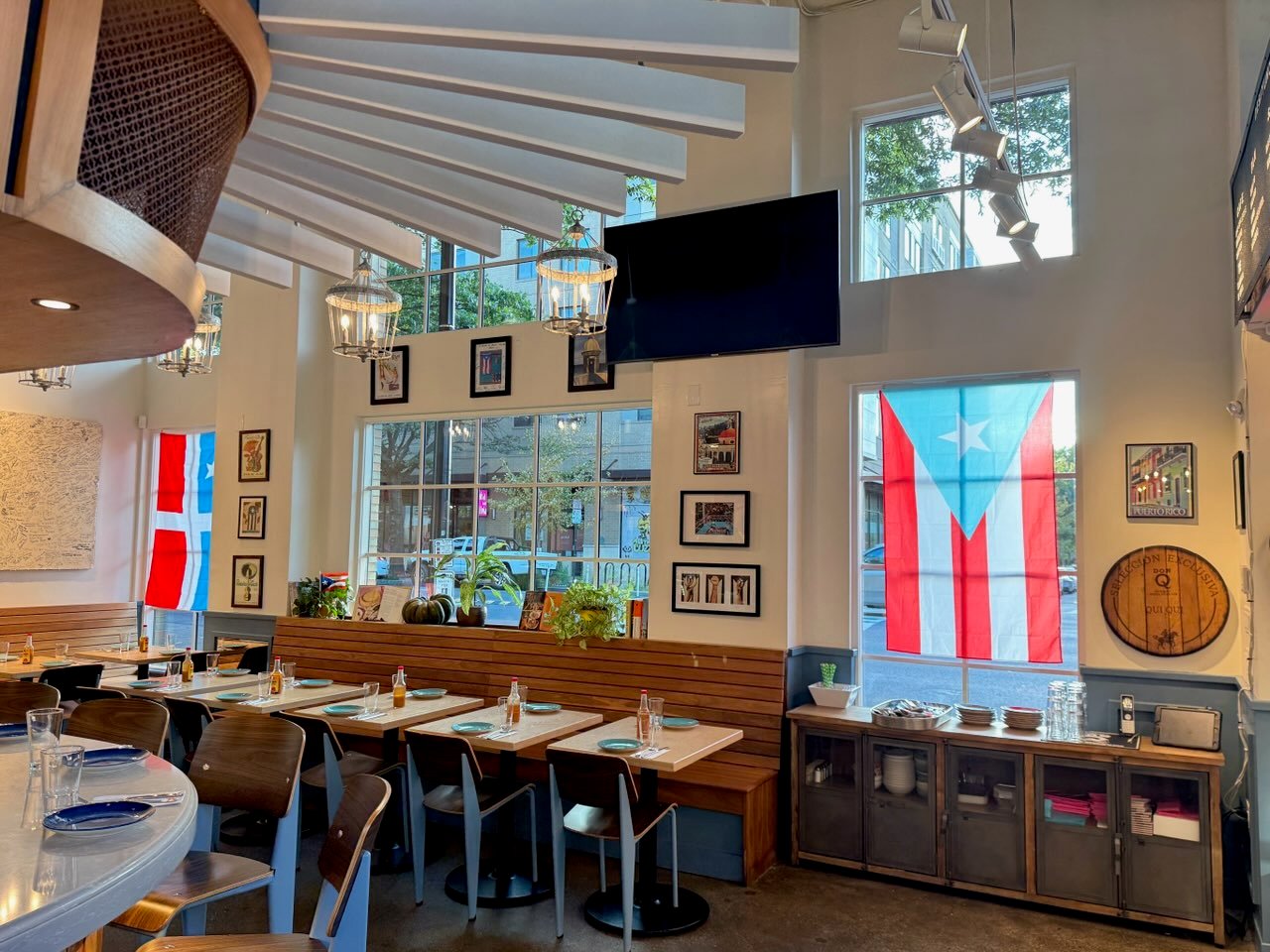About Coronavirus 2020
Washingtonian is keeping you up to date on the coronavirus around DC.
DC-area restaurants are starting to consider what they’ll need to reopen safely. Masks, strict hand-washing protocols, and social-distancing are all givens. Some businesses are already doing employee temperature checks too. Another new protocol? Disinfecting dining rooms and kitchens with a virus-killing mist.
The group behind Founding Farmers sprayed its restaurants with a virucide known as MAPS-1 RTU before converting them into markets, and owner Dan Simons says they’ll also use it to disinfect their spaces if an employee comes down with symptoms or tests positive for Covid-19. Unlike many other disinfectants, this one is marketed as food safe.
The product is applied with a mechanical sprayer—think Ghostbusters or a “reverse vacuum,” as Simons describes it. “Basically, it’s a guy with protective equipment, and we did it at like 2 in the morning or 4 in the morning,” Simons says. “It’s just putting out the fog, and it just goes everywhere.” (While it looks like a “fog,” it’s actually more of a coarse spray. Check out a video of the process here.)
Simons hired a company called Pest Management Services Inc. (PMSI), which also deals with rat or insect control issues. Owner Patty Pierleonardi says she’s been using MAPS-1 for the past decade as a fungicide to treat mold and mildew. Only when the pandemic hit did she learn that it kills the human coronavirus as well. (It also kills SARS, Norovirus, Hepatitis B and C, E. coli, and salmonella, among other bacteria and viruses.)
“There are a lot of products out there that are EPA registered and there are a lot of products that kill viruses and kill bacterias and all that, but they’re not food surface safe. That’s the differentiator,” Pierleonardi says. “That’s why we’re popular with the restaurants right now.”
Pierleonardi says her Virginia-based company went from employing the treatment an average of three days a week to almost every day. So far, PMSI has mostly been working with big restaurant groups in Washington. Although she declined to name her clients, she says one operates 14 locations in the area while another has 18.
“They’re trying to establish a reopen protocol, and are incorporating these treatments into these plans. It’s probably not nightly, but it could be weekly, could be monthly,” she says. Or, it could be used reactively: “My staff is on call so when there is a positive testing at one of our locations, then we’re going to be in there that night.”
Given the financial pinch that restaurants have found themselves in, Pierleonardi says she’s offering her services at cost on case-by-case basis.
Beyond restaurants, PMSI is also treating homes, office complexes, government facilities, and sports arenas. (The company is the official pest control partner of the Redskins, Capitals, and Wizards.)
For Simons, it’s just one of several measures that he hopes will make people feel more comfortable dining out again. “I think of it like cyber security. There’s the minute to minute human behavior. There’s the upper-level protocols,” he says. “And so the fogging is just one more piece.”

